“The Baal Shem Tov – Early Years”, Part 10
In the last episode, our still young Yisraelic worked as the shamash (custodian) in a little synagogue in the holy community of Okup. On the day of his Bar Mitzvah, on the eighteenth of Elul, Eliyahu haNavi and Achiyah HaShaloni (a Heavenly teacher) came to visit him and introduced him to the study of the Zohar.
A few days later, in the little synagogue of Okup, it was perfectly quiet, as the morning sun shone through the windows. The last of the men who came for the morning prayers were gone. Only Israel the orphan boy, now the caretaker of the synagogue was left.
From a corner of a shelf where he kept his belongings, he took the volume of Zohar (the Book of Splendor) that Eliyahu haNavi had given him. And as he sat down to study its holy words, his teacher Rabbi Achiyah HaShiloni, was suddenly there, sitting beside him. The first few times it happened, Israel was taken by surprise to see his teacher, Rabbi Achiyah of Shilo, suddenly appear out of nowhere. But after a few mornings of the same occurence, the young orphan soon became accustomed to it.
And so, every morning the two sat studying the holy words of the Zohar. Rabbi Achya explained everything in Hebrew (which Israel understood quite well by now). And not another soul in Okup knew of this amazing daily occurrence.
Hardly a month went by, however, when an old man came from another town to live with his married son in Okup. Well, what could an old man do all day? He went home after the morning prayers, had his breakfast and came right back to the little synagogue. There he took a t'hillim, the Book of Psalms, and began saying its ancient words of prayer.
From that morning on, Rabbi Achya of Shilo did not appear, for none but Israel was ever to see him. But around midnight when everyone in Okup slept, he was suddenly there again. The only light burning in that entire village was the small candle, by which the teacher and his pupil sat learning the words of the Zohar. Rabbi Achya would not let him kindle any more candles. If the light was too bright, people might wake up and take notice.
Israel did not know it, but that candle was a symbol for himself. As the candle was small, so he was still a young boy. Yet, just as the candle's flame shone bright and clear in the night's darkness, so he too would one day be a shining light for his people, showing them the way to a pure strong faith (emuna) in the Creator.
The night that Israel turned fourteen years old, he learned the following with his teacher: When Rabbi Hizkiah was staying with Rabbi Yitzhak, the two rose at midnight to learn Torah. Rabbi Yitzhak began; It is written, "Now bless the L-rd, all you servants of the L-rd who stand by night in the house of the L-rd" (Psalms 134:l). This verse was explained by our saintly scholars – that it means to praise of the people of faith who rise at midnight to study Torah, and while united with the whole Jewish community, they praise the L-rd with words of Torah.
Come and see: when a man gets up at midnight to learn Torah, a north wind arouses the deer of dawn (a heavenly spirit) which then rises up and praises the L-rd. As the deer of dawn, tens of thousands arise with it, and all sing the L-rd's praise. At that time, anyone who is fortunate enough to be up and studying Torah – our Holy G-d listens to his voice…. All those songs of praise in heaven to G-d grow still before the voice of the people studying; and all the heavenly beings exclaim, "You bless the L-rd, all you servants of the L-rd who stand by night in the house of the L-rd."
Israel felt a great gladness in his heart, at the thought that he too was studying Torah at night. Imagine, he thought: "G-d Himself was listening to their voices, here in the synagogue." His teacher patted him affectionately on the shoulder. "Soon," he told Israel, "you will have a new teacher. All will be well."
A few days went by, and one morning, at the time for the prayer-service, a horse-driven wagon stopped at the little synagogue. Out stepped a young man dressed in fine clothing and he went in to join the people in their prayers. Everyone bid him welcome, and asked him in curiosity who he might be. "I am the son of Rabbi Adam Baal Shem" (master of the good name) he replied.
There was a moment of silence, as the answer took them by surprise. Everyone had heard of Rabbi Adam Baal Shem, one of the holiest and most religious men in their land. They had never thought to see the day when a son of his would come to their humble little village.
Then the rich people came forward, each to ask the young man to be his guest and stay at his house. The The young man accepted one of the invitations, and after the morning prayers he moved into one of the wealthy homes in Okup.
Every morning and again toward evening the young man came to the synagogue to join in the prayers. Soon Israel noticed that this newcomer was always looking around and seemed to be carefully examining everyone there. In fact it seemed as if he was trying to see into everyone, to probe the secrets of every man's heart….
Israel, of course, had a secret of his own: the study of the holy Zohar that he did with his teacher at midnight. It had to remain a secret, even from this young man. So while this newcomer was in the synagogue, Israel never as much as opened any book of Torah learning. He wanted to let the young man think he was completely ignorant.
For a few days, Israel noticed the young man kept looking and watching until he must have known exactly what everyone was like. It was as though he was searching for something or someone – and he failed to find what he wanted. He stopped watching everyone.
One day, Rabbi Adam Baal Shem's son dropped a hint that his father had sent him to this village to find a suitable wife, since he was still unmarried. That set off a great big hubbub among the rich people of Okup. Every man of wealth with a daughter to marry off was eager to have the young man for a son-in-law. And they were all ready to give the young man everything he needed, so that he could devote all his time after the marriage to studying Torah.
The young man, named Moshe, listened to all the offers, and finally accepted one of them. The wedding took place soon after, and then the young man told his father-in-law what he planned. He wanted to be able to study Torah freely he would stay in the synagogue all week, and often even sleep there. He would, of course come home for the Sabbath, to be with his wife and her parents. As for food, he said, they should send his meals to the little synagogue. They should give everything to Israel the orphan, who always cleaned the synagogue, and they were to pay him for his services.
When his wife and his father-in-law saw how strong his desire was to study Torah, they had no choice but to agree. Reb Moshe, however, had another reason also for this plan. And of this they knew nothing. When his father, Rabbi Adam Baal Shem, had sent him to the village of Okup, the main reason was that he should find a young person there who was devoutly religious, but in a hidden "way, so that no knew it. By his holy powers Rabbi Adam knew there was such a person in Okup. He himself had secret, mystic writings which had to be given now to this young person. So his son's main reason for coming, marrying and settling down there was to find the one to whom he had to give those writings that now lay well hidden among his belongings.
In his first few days, the young man had watched everyone he saw, as closely as possible. But no one among all the Jews of Okup seemed to be the one he was looking for. So he had one plan left. If someone in the village was secretly very religious, he must surely study Torah in the little synagogue at some time during the day. If he himself stayed there constantly, he would have a chance to find him.
Days went by, though, and who this young person might be was still as much a mystery to him as ever. What should he do?
At last an idea came to him: There was still one period of time during the twenty-four hours of a day when he was not watching the little synagogue. Every midnight he put out the candles at his table and lay down on a bench to sleep till morning. Could it be that the young person he had to find came then to study Torah?
There was only one way to find out. That night, he put out his candles as always, stretched out on his bench, and began to breathe like a man fast asleep. But he kept his ears and eyes open…. About half an hour passed, and he saw a small light go on: A candle had been lit in the anteroom or entrance chamber of the little synagogue. Then he heard someone sitting and learning Torah there ever so softly, so that try as he might, he could not make out the words.
At that moment, the son of Rabbi Adam Baal Shem knew that his search was probably over. Yet he had to be absolutely sure. Perhaps it was a stranger passing through the village who had come just this once to study Torah after midnight. It would take yet a while to make sure. But he was tired and fell back to sleep.
The next night, he lay on his bench again only pretending to sleep. And again the small candle was lit in the anteroom, and soon he heard once more someone absorbed in studying Torah, in the very softest voice. This time, he rose softly from his bench and went on tiptoe to the window that looked out into the anteroom – and he could hardly believe his eyes. It was Israel the orphan, the boy who spent his days cleaning the synagogue, putting the prayer-books in order, and so forth – the same boy who now brought him all his meals from his new home.
Could he be the secretly religious person whom Moshe the son of Rabbi Adam Baal Shem had come here to find? As the young man watched in silence through the window, he knew there was one last way to find out. If that boy knew how to learn the Zohar well enough to understand other writings of the same kind, there could be no further doubt. Well, what better test could there be than some of the very writings that his father Rabbi Adam had given him to hand over when he found the right person? The very next night he would see if this ypung boy could understand some of those writings.
So the next night, before he put out his candles, Moshe the son of Rabbi Adam went softly into the anteroom, where the young boy slept soundly on a bench, and he put a few pages of his father's secret writings on the table. Without a sound he went back to his own place, blew out his candles, and lay down on his bench as if asleep.
A half hour later the light of a small candle burned again in the anteroom. Israel had trained himself to get up at this time every night, so that he could study for a few hours, in complete secrecy, the holy words of his beloved Zohar. For quite a few nights his teacher had not appeared, so he continued learning by himself.
He took his beloved book of Zohar from its hiding- place and went to the table. But now, what were those sheets of paper on the table? Oh well, he thought, one of the people who came for the prayers must have written some letters and forgotten them here.
In Idle curiosity, he picked up a sheet and held it to the light. And he caught his breath in surprise: This was no ordinary letter.
To be continued next week, G-d willing…
***
Tzvi Meir Cohn attended Yeshiva Hadar Hatorah in Crown Heights, Brooklyn after completing his university studies in Engineering and Law. While studying at the Yeshiva, he discovered a deep connection to the stories and teachings of the Baal Shem Tov. His many books about the Baal Shem Tov can be found in the Breslev Store. He can be contacted at howard@cohnpatents.com.
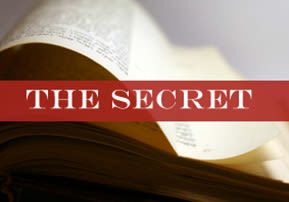

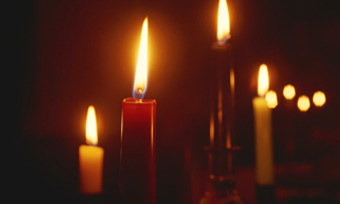




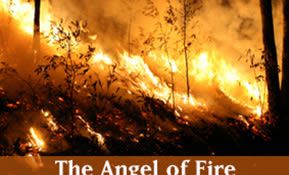
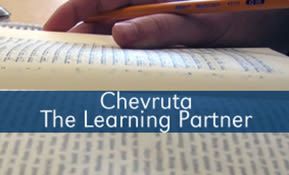

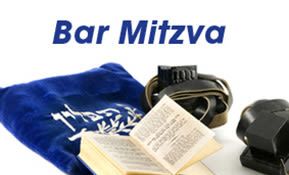
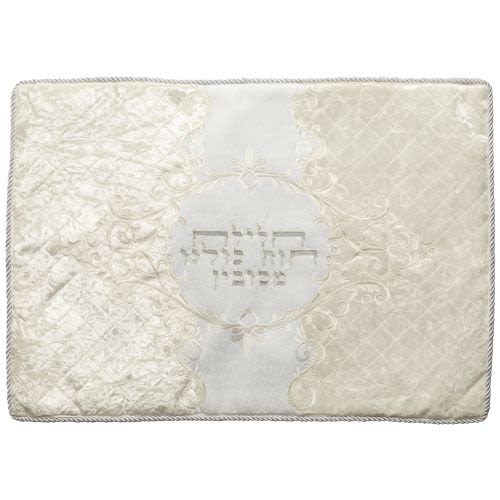
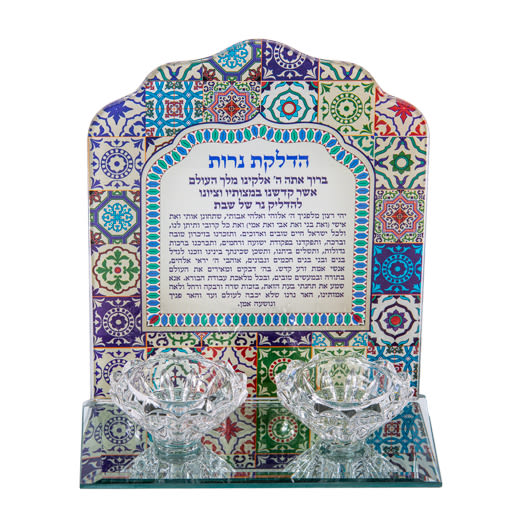
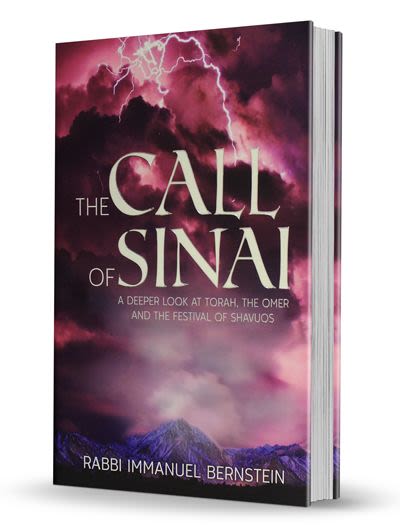
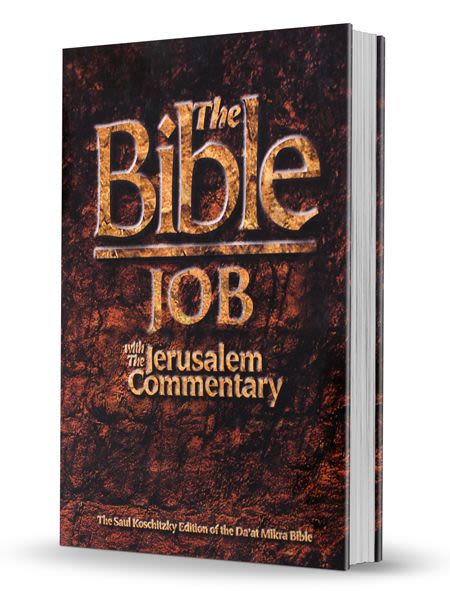

Tell us what you think!
Thank you for your comment!
It will be published after approval by the Editor.